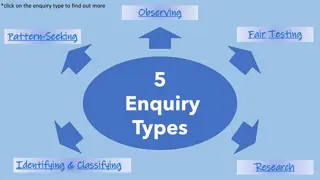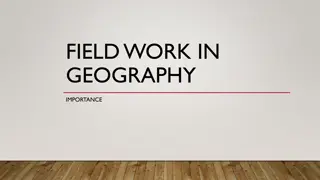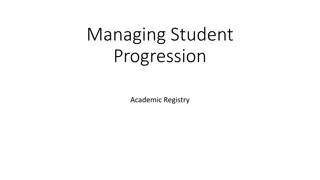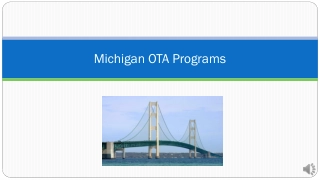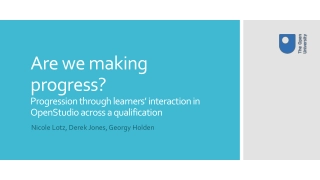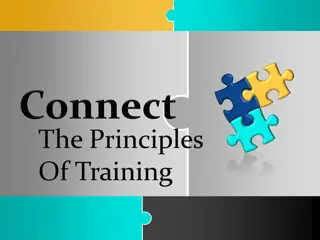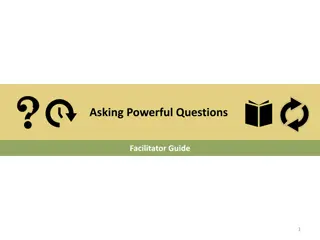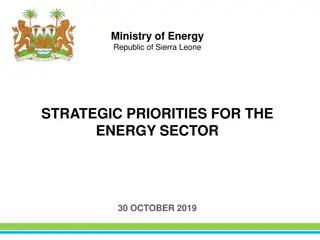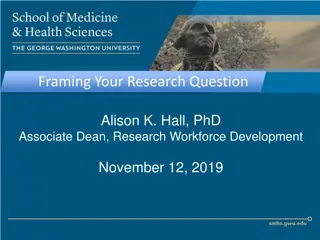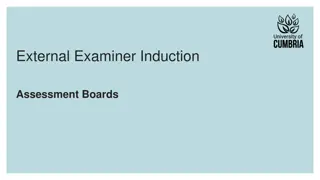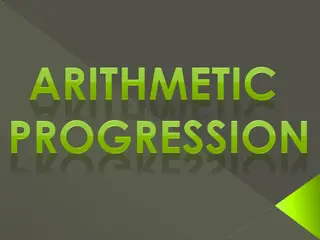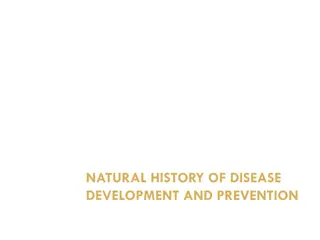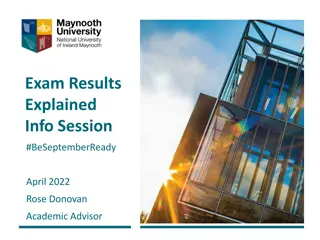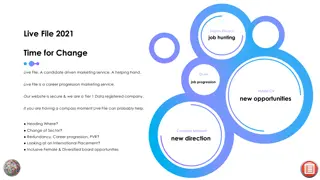Enhancing Fieldwork Skills: Progression Through Enquiry Question Generation
Explore the progression in fieldwork skills for all year groups through the generation of meaningful enquiry questions. Dive into the six stages of the enquiry process, adapt questions for specificity and complexity, integrate fieldwork techniques, and ensure optimal use of the entire process for a comprehensive learning experience.
Download Presentation

Please find below an Image/Link to download the presentation.
The content on the website is provided AS IS for your information and personal use only. It may not be sold, licensed, or shared on other websites without obtaining consent from the author. Download presentation by click this link. If you encounter any issues during the download, it is possible that the publisher has removed the file from their server.
E N D
Presentation Transcript
Geographical Association Conference 2021 Progression in fieldwork through meaningful enquiry question generation, for all year groups. Dawn Thomas Nature Days Field studies provider
Aims of the session: 1. To introduce the WJEC/Eduqas enquiry question tool. How to approach writing an enquiry question. Being specific in location. Types of enquiry and links to progression. 6 stages of the enquiry process and how they link to the enquiry question 2. Progression in fieldwork skills through adapting the enquiry question s specificity and complexity. 3. Ensuring use of the entire enquiry process to make the best use of fieldwork opportunities. 4. Integration of fieldwork techniques into classwork and homework.
Progression in enquiry types Describe how the landscape features change as you move away from the source of a river. How does the landscape change as you move away from the source of a river? Descriptive KS2 How does the microclimate in a deciduous and coniferous woodland differ? Compare the microclimate in a deciduous and coniferous woodland. Comparative KS3 What is the impact of urbanisation on surface runoff? Investigate the impact of urbanisation on surface runoff. Experiment Exploratory How do different people s perception of a honey pot site vary? Explore people s perception of a honey pot site. GCSE To what extent has the rebranding of Ludlow impacted its economic resilience. Examine the impact rebranding has had on the economic resilience of Ludlow. Explanatory A level A level
Progression in Fieldwork skills KS2 KS3 Asking simple questions about a place. enquiry questions. Contrasting locations to explore comparative questions. Aware of the sequence of an enquiry. Level GCSE A level Learn how to plan and undertake an independent enquiry. Learn how to pose their own enquiry questions. Understanding of relevant geography questions and issues. Independently generate their own enquiry question using checklist to include all components. Define and refine the enquiry question. Formulate sub questions. Understanding of risk and ethical issues. Using experiences to consider Planning Use GIS and new technologies to collect data. Experience of a range of fieldwork methodologies. Select specific locations to collect data. Justify sample size and sampling technique. Use qualitative and quantitative techniques. Consider appropriate data collection methodologies. Design survey strategy before going on field visit. Acquire field data (primary) and relevant literature (secondary). Observe and record using Qualitative and Quantitative methods. Design and use appropriate sampling strategy with justification. Collect secondary data. Consider and choose appropriate methods of data presentation. Process a range of field data using qualitative and quantitative methods to lead to appropriate analysis. Use of cartographic and graphical techniques. Data collection using familiar equipment and simple observational skills. Follow a method. Formulating methodologies giving justification. Write questionnaires. Accurate data collection using specialist equipment. Collect, measure and record accurately more complex data. Increasing range and accuracy of investigative skills. Choose the correct method to present data using line graphs, scatter graphs, pie charts. Draw field sketches to describe and explain features. Create basic maps such as land use maps. Analyse, extract and interpret data, explaining relationships between cause and effect. Methods and Data collection Design their own data collection sheets. Present data using maps, graphs and diagrams. Present data in simple bar graphs. Draw basic field sketches. Data presentation Process data. % and mean Identify, analyse and interpret patterns and trends. Reflect on their fieldwork findings by processing data. Analyse patterns and trends. Understand and apply suitable analytical approaches for the information such as statistics and coding. Organise and analyse data. Develop ideas to find answers. Data analysis Synthesise findings to reach conclusions that relate to the aims of the enquiry. Synthesise findings to draw conclusions based on evidence and theoretical research which addresses the enquiry question. Critically evaluate every stage of the whole investigation. Consider bias and ethics. Appreciate the strengths and limitations of the data both primary and secondary. Evaluate the knowledge and understanding gained from observations. Suggest improvements for further research and links to other aspects of geography. Find answers and draw straightforward conclusions to the enquiry question. Use data to draw plausible, substantiated conclusions and justify them. Conclusions Consider limitation of the evidence. Accuracy, reliability and bias Evaluate their fieldwork. Reflect critically on the strengths and limitations of primary and secondary data, methods used, conclusions drawn and knowledge gained. Suggest improvements. Evaluate methodology, ideas and evidence. Assess the reliability of data. Evaluation
Progression in Fieldwork skills What progressive fieldwork skills might look like Foundation in the idea of a geographical enquiry such as asking questions. Tasks to start developing fieldwork skills: field sketching, photography, counting numbers of cars, measuring sizes of trees. KS2 Year 7 being taught how to use fieldwork equipment. Year 8 exploring pieces of equipment to discover the most efficient, accurate and valid way to use them. KS3 Year 9 writing their own methods for an enquiry based on the equipment and methods they have used in the past. Justifying their choice of equipment and location. KS3 Taught how to create their own titles, pose questions and evaluate them by experimenting with the checklist of criteria. Undertake the complete enquiry process from planning to evaluation. GCSE Generate their own enquiry questions using checklist to include all components and ensure all parts of the enquiry process are considered before data collection undertaken. A level
Support available Nature Days You tube channel support for teachers and students. - INSET training for teachers. - Be-spoke field trips for nursery to A level classes. WJEC Online question resource is available on the WJEC Eduqas website. - PDF of progression in fieldwork framework available to download at the end of the session.
Any questions? Contact details: Dawn Thomas Nature Days www.naturedays.co.uk naturedays@reynoldston.com @DawnNaturedays




